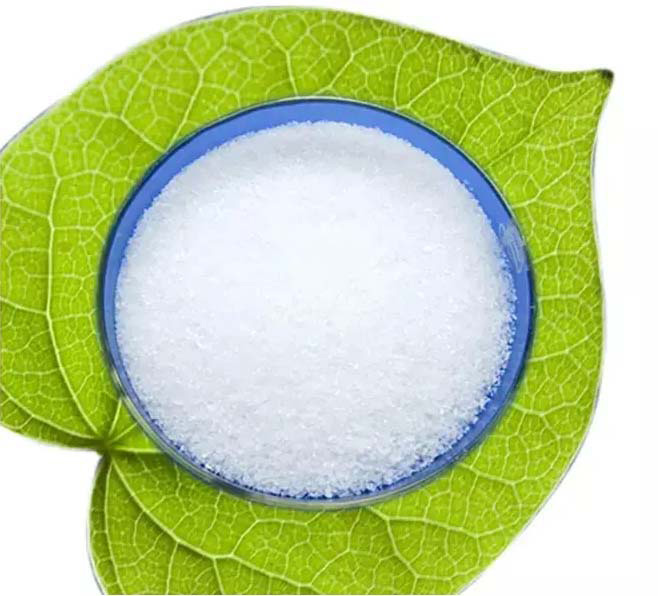Water-soluble monoammonium phosphate (MAP) is an important component of agriculture. It is a fertilizer that provides essential nutrients to crops and promotes their growth and development. This blog will discuss the importance of water-soluble monoammonium monophosphate and its role in improving agriculture.
Monoammonium monophosphate is a highly effective fertilizer due to its water solubility and can be quickly absorbed by plants. This means the nutrients in MAP are easily absorbed by crops, resulting in faster, healthier growth. The main nutrients provided by MAP are nitrogen and phosphorus, both of which are necessary for plant growth. Nitrogen is important for leaf and stem development, while phosphorus is essential for root development and overall plant health.
In addition to being water-soluble, MAP has the advantage of being highly concentrated, meaning that a small amount of fertilizer can deliver a large dose of nutrients to the crop. This is a cost-effective solution for farmers as they can achieve better results at lower application rates.
Using water soluble MAP also improves nutrient uptake as nutrients are readily available to the plant, thus increasing yields. This is especially important in areas with poor soil conditions, as it helps make up for nutrient deficiencies and improves overall crop productivity.
Another benefit of using water soluble MAP is its versatility. It can be used in a variety of application methods, including fertigation, foliar sprays and top dressing. This flexibility allows farmers to maximize the benefits of MAP by adjusting fertilizer rates to their specific crops and soil conditions.
Additionally, water-soluble monoammonium monophosphate is a sustainable option for crop fertilization. Its high nutrient content means less fertilizer needs to be applied, reducing the overall environmental impact. Additionally, efficient uptake of nutrients by plants means there is less chance of nutrient loss, leading to water pollution.
Overall, the use of water-soluble ammonium dihydrogen phosphate (MAP) is an important factor in improving agriculture. Its water solubility, high nutrient concentration and versatility make it a valuable fertilizer for promoting crop growth and increasing yields. Additionally, its sustainable nature makes it a responsible choice for farmers. As the agricultural industry continues to grow, the importance of water-soluble monoammonium phosphate in improving crop productivity and sustainability cannot be overstated.
Post time: Dec-19-2023

